⇐ There are many ways of laughing… ←
* * *
¤→Shiny shiny⇐(a challenge for translators)⇒
Φ ‘Una lección para guiris’:
⇒ attitudinal idiomatic expressions ⇐
* * *
Survivors of several foreign invasions ↓ they’re also called STRONG verbs
⇐
4 tests: ⇒[01]⇔[02]⇔[03]⇔[04]⇐
⇒ Present vs Past ⇐
⊗→ Wheel quiz ←⊗
• Past Simple …⇒[quiz#1]⇔[quiz#2]⇐
• Past Participle …⇒[quiz#1]⇔[quiz#2]⇐
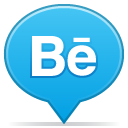 ⇔
⇔
⇐ Click for examples of use ⇒
∴
Φ Describing changes & transformations:
‘become’ – ‘get’ – ‘go’ – ‘grow’ – ‘turn’… ⇒ [01] ⇔ [02]⇐
•→Always singular vs Sometimes plural ⇐[nouns]
∞ Countable & Uncountable Nouns ⇓
•→Sound & Senses⇐ (David Crystal)
A collocation is a pair or group of words that are often used together. These combinations sound natural to native speakers, but students of English have to make a special effort to learn them because they are often difficult to guess.
♦ ◊ The lazy man’s verb : ⇒ ‘GET’… ⇐
«Get» is one of the top 3 words you must learn if you want to master English. «Get» has over 50 meanings in English
→ ‘MAKE’ & ‘DO’ ⇐ [→Explanation←]
• Make & Do quizzes . . . →[01]← / →[02]← / →[03]← / →[04]←
• →LET me tell you something … ⇐
•⇒ WAIT – HOPE – EXPECT – LOOK FORWARD TO ⇐
⇒ BEAT – EARN – GAIN – WIN ← // ⇒ FAIL – LOSE – MISS ←
⊗ ‘refuse’, ‘reject’, ‘decline’ & ‘deny’ … ⇒[vid]⇐
♦→ Collocations with the word «WAY» ⇓
•→Advantages & disadvantages …⇐ [Emma]
♣ 6 words whose meanings will surprise you ↓ (advanced)
⇓ WORD BUILDING
¤ Word formation … ⇒[01] ⇔ [02] ⇔ [03] ⇔ [04] ⇔ [05]⇐ [quizzes]
¤ F.C.E._Word formation… →[01]← / →[02]← / →[03]← / →[04]← / →[05]← / →[06]← / →[07]←
¤ C.A.E._Word formation…⇒[01] ⇔ [02] ⇔ [03] ⇔ [04] ⇔ [05] ⇔ [06] ⇐
• Prefixes. Click on →SELF-compounds←; you might avoid misunderstandings.
• →Prefix «-UN-« ← is perhaps the most productive for building opposites. Click on the prefix for some advanced practice.
•→Negative prefixes ⇐[quiz]
• Suffixes. Spot the badly-built word. Click on →NOUN suffixes ←
Much the same as Spanish “tiquis-miquis”, reduplicatives are compounds with two or more elements which are either identical or only slightly different: chop-chop, goody-goody, braindrain, crisscross, walkie-talkie… A favourite brand of words, mostly informal or familiar, often deriving from the nursery: teeter-totter, seesaw, creepy-crawly, bow-wow…
• Click on → REDUPLICATIVES ← for a selection of such words with their meanings.
• For a still better understanding, you might like to see Francisco Javier Martin Real’s compilation of reduplicatives, with their Spanish translations. Click cartoon ↓
•→ http://www.usingenglish.com/files/pdf/affixes-meanings.pdf←
¤ A list of common prefixes with their meanings and some examples.
anti- (= against) — antibodies, anti-social
auto- (self) — autonomous, autobiography, automobile
bi- (= two) — bicycle
co- (= with) — cooperate, coordinate
contra- (= against) — contradict, contravene
de- (= remove) — deregulate, deselect
dis- (= not) — disappear
il- (= not) — illegal
im- (= not) — immaterial, immature
inter- (= between) — international
mis- (= badly/wrongly) — misinform, misbehave, misunderstand
multi- (= many) — multinational
non- (= opposite) — non-profit
out- (= more than) — outperform, outdone
over- (= too much) — oversleep, overwork
post- (= after) — postpone, postnatal
pre- (= before) — predict
re- (= again) — rewrite, relive
sub- (= under) — submarine
super- (= higher/improved) — supermarket
trans- (= across) — transatlantic
uni- (= one) — uniform
under- (= not enough) — underpaid, underfed
··· Word Endings
You can also make new words from the words you already know by using different endings. For example, «The person who employs me has a fast car». You can make this sentence simpler, by replacing «the person who employs me» with «my employer». This gives you «My employer has a fast car.»
In English you can make nouns from verbs (to employ gives employer and employee). You can also make verbs from nouns or adjectives: government gives to govern, modern gives to modernise and so on. Learning what endings you can put on words means you can expand your vocabulary and say what you mean more easily.
• Here are some common suffixes:
–er /- or (=a person who does something): adviser / advisor, teacher, learner
–ian: optician, mathematician
–ment (=result of action): improvement, advancement
–ism (=name of system or belief): realism, optimism
–ist (=the person who believes in the system): realist, optimist
–ion: confusion, apparition
–ness: happiness
–ship: leadership
–ence / -ance : permanence, appearance –
-acy: lunacy
–age: marriage
–ity: annuity
–y: photography
–cy: fluency
∞ Verbs
–ify . . . falsify, modify –ise . . . modernise
∞ Adjectives
–ic … idiotic, periodic
–ful … awful, wonderful –
-able / ible … comfortable, terrible
–proof / resistant … waterproof, childproof, fireproof
–free … alcohol free beer, nuclear free zone
–less (= without) … hopeless, childless




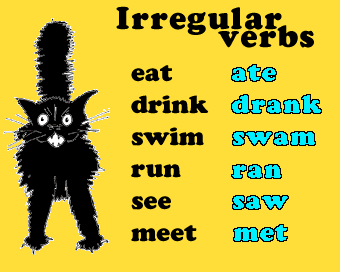




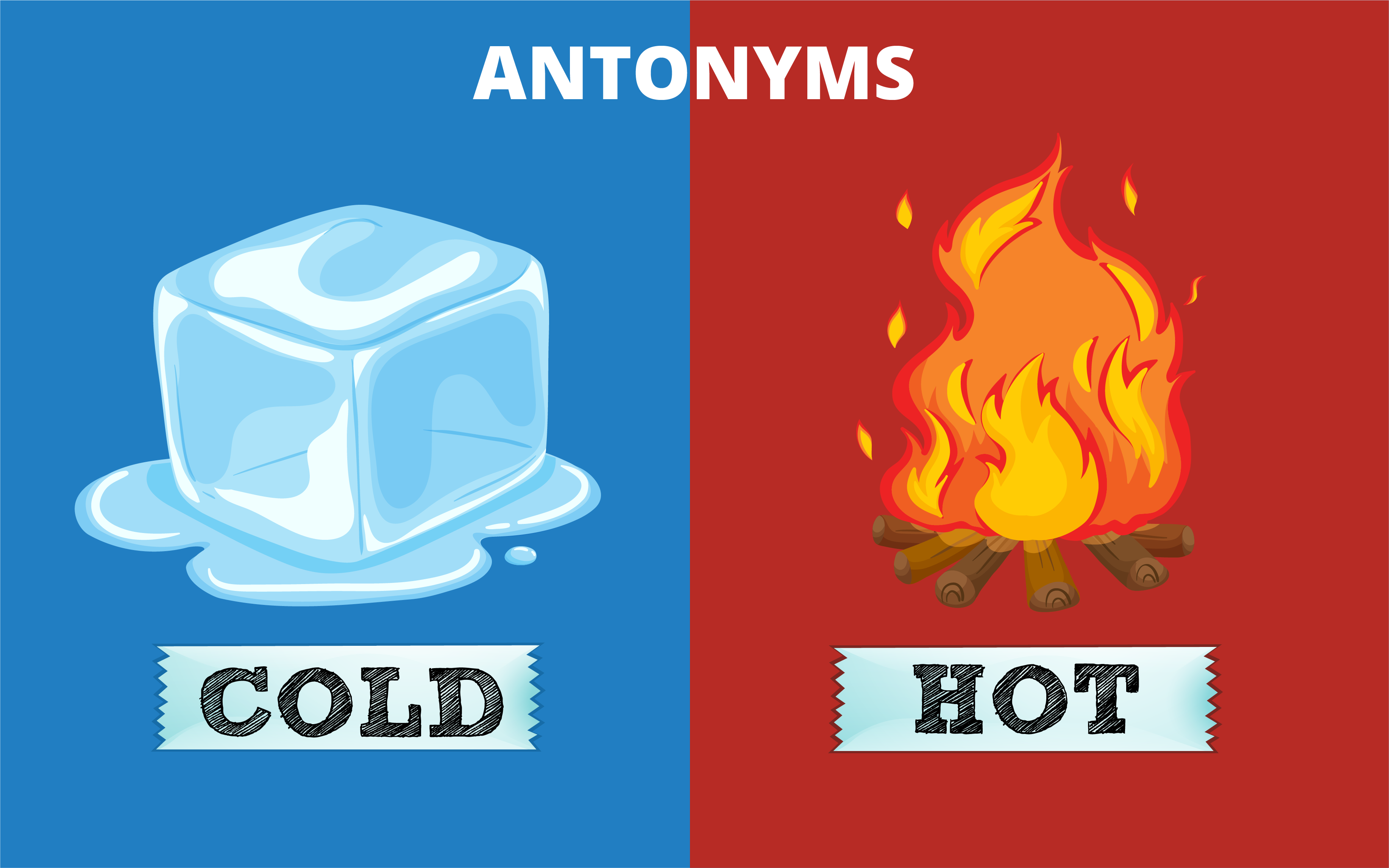
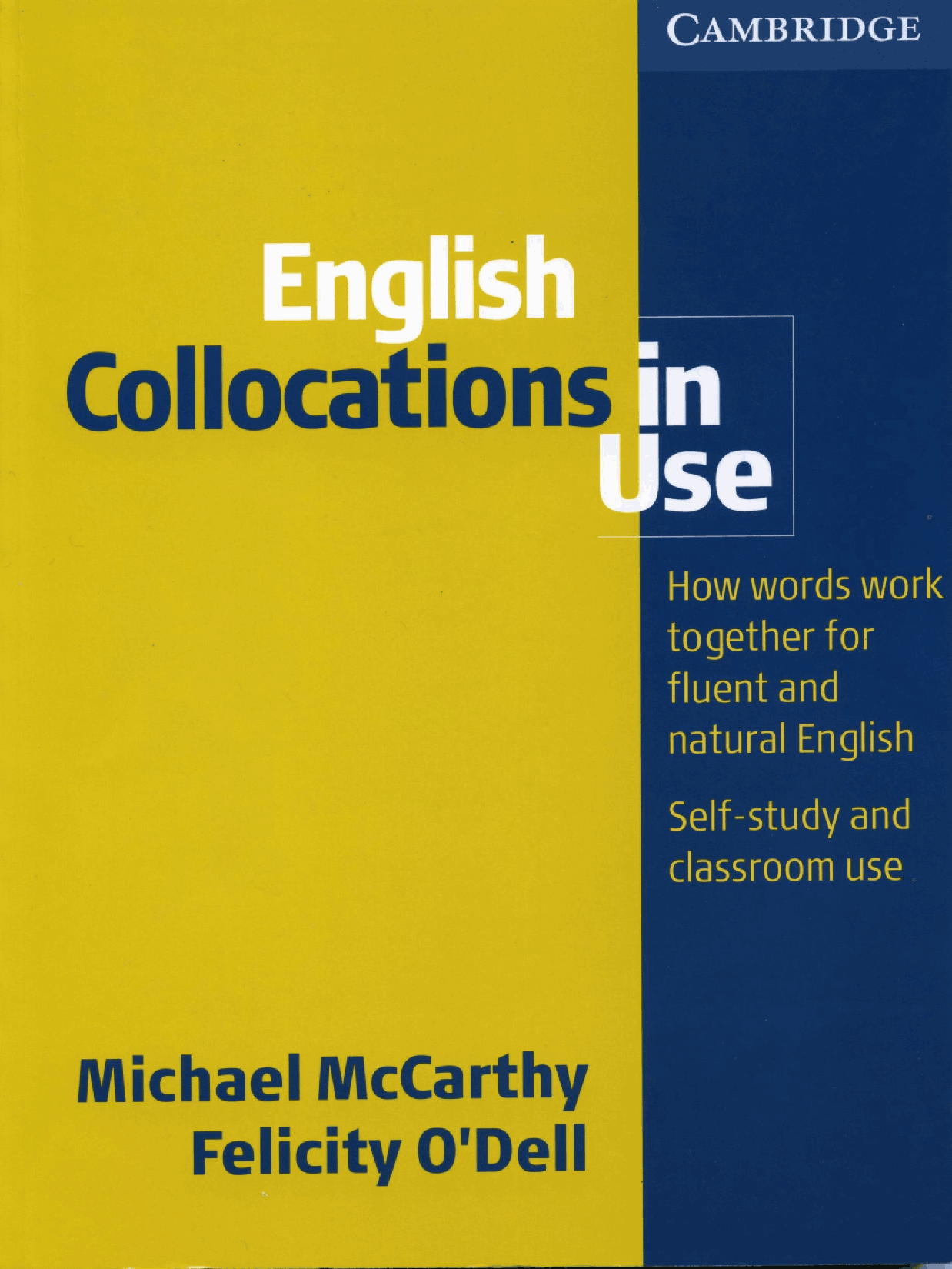
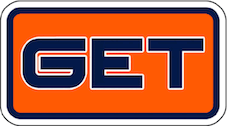



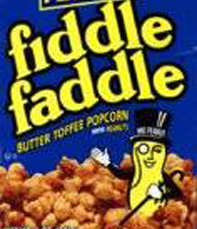



great stuff mate
Enjoyed studying this, very good stuff, appreciate it.
I really enjoy reading on this website , it contains great posts .
Very interesting topic , regards for posting .
I’ve been browsing online more than three hours these days, but I never found any fascinating article like yours. It is lovely worth sufficient for me. Personally, if all web owners and bloggers made excellent content material as you did, the net might be much more useful than ever before.